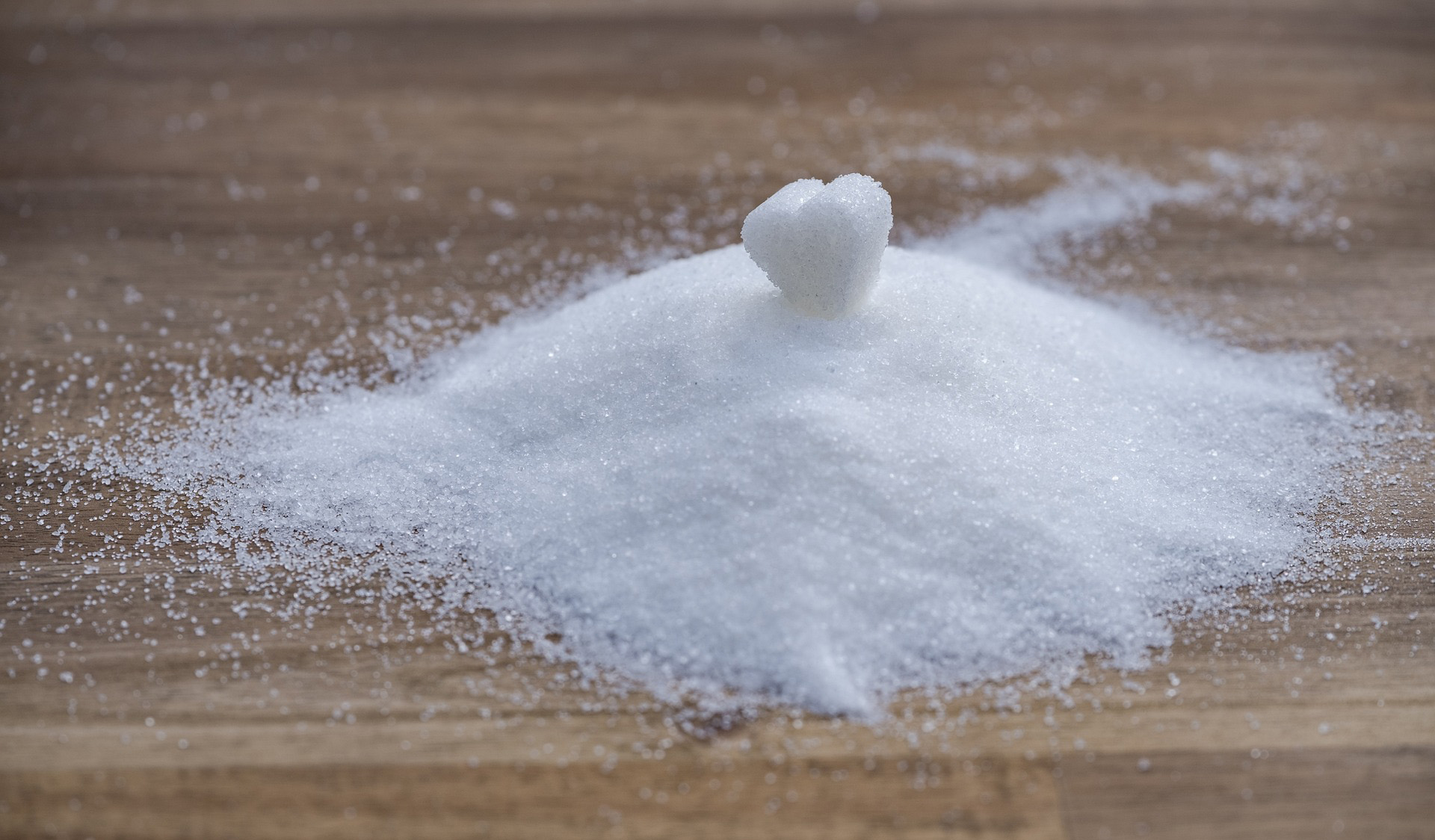Erythritol Ever After?

PREMIUM CONTENT for MEMBERS ONLY
By Katharine Jameson
Something for nothing. More bang for our buck. It’s human nature to seek value in things, even in food. We’ve seemingly found freebies in low calorie, diet products like artificial sweeteners and sugar alcohols. Something for nothing – all the taste and fewer calories – but what’s the catch? Are they too good to be true?
A recent study in Nature Medicine suggests that yes, one in particular, may be exactly that. Erythritol, a popular sugar alcohol, is used in products from protein powders, toothpaste and ice cream to a host of other foods, particularly keto friendly products. Our bodies produce low levels of erythritol during glucose metabolism, but much of the sweetener used today is commercially produced using corn or wheat starch, making it an ultra-processed food. Because low levels of erythritol also exist in foods like grapes, peaches, mushrooms, cheese and even beer and wine, it’s thought to be ‘natural’.
Erythritol took off as another ‘something for nothing’ sweetener. It’s even used to sweeten monk fruit to make it taste more like sugar. Many things with this sugar alcohol remain unclear, but it is reported to be excreted by our bodies unchanged, which is why it has close to zero calories and doesn’t spike our blood sugar. It’s almost as if it’s sugar incognito!
The study spurred much conversation because of its subjects. A group of about 4,000 people who were undergoing cardiac assessment, all of whom were nearly age 60 or over, made up the participants. The study linked use of erythritol to cardiac arrest, stroke and ultimately death. According to the Cleveland Clinic, the results seem to show that erythritol made platelets easier to activate and form clots. Additionally, sugar alcohols were shown to remain in eight people’s blood streams for days after they had eaten ice cream containing erythritol. (Naysayers rightfully call that number to issue).
None of us like bad news, especially those of us who may use this sweetener, but I got so much blow back from my discussion about the study on social media that I decided to go to the source. Dr. Rigved Tadwalkar, a cardiologist in Santa Monica has been named an ‘emerging voice in the field’ and was quoted in articles discussing the study on Healthline.com and in Prevention Magazine. I came across his name while researching the study and decided to contact him for an interview. Dr. Tadwalkar is as charismatic during our meeting as he is in the news clips in which he’s featured. He discusses the study in a digestible manner and is cautious in telling his patients to adopt artificial sweeteners in any capacity other than sparingly.
“It makes sense that anything we can do early on from a preventative standpoint to try to reduce our cardiovascular risk factors is always of value. So just because you’re younger, it doesn’t put you in a category where you should potentially think of it as safe. Consume it sparingly.”
The study’s outcomes beg the question: “Should we ingest erythritol?” European countries demand studies to show that a substance is not harmful before they add it to their food sources. In America, we do the opposite. We use it until it is proven, beyond a doubt, that it is not only harmful, but deadly.
Given the fact that older people with chronic health conditions like heart disease, diabetes and a predisposition to stroke may seek to lower their blood sugar, thereby using erythritol or other sugar alcohols, the findings of this study may have deeper real-world implications. The real challenge is to wean ourselves off our sugar addiction, an addiction which starts with feeding our children sugar-loaded breakfast cereals, and programming their taste preferences to prefer highly sweetened foods for the rest of their lives. By becoming aware of this addiction, and gradually moving away from indulging on excessive amounts of added sugar should be our goal, rather than substituting sugar with a non-nutritive sweetener.
My question is, what foods containing erythritol are we so attached to that we would risk our health to eat them? What is more important than health?
“Obviously we’re not going to eliminate sweet foods, it’s a daily part of life, it’s a part of living and it’s a source of contentment, we just have to do it the right way,” Tadwalkar declares.
 Katharine Jameson is a graduate of Syracuse University and a Certified Health Counselor. Her growing interest and research in nutrition solved her own weight problems. A mother of two, she is compelled to share the ease with which good health is obtained through the integration of good foods and proper nutrition. Based in Los Angeles, Katharine writes a weekly column where she discusses pivotal health topics and interviews cutting edge experts. She can be found on Instagram at @foodforthoughtwithkat.
Katharine Jameson is a graduate of Syracuse University and a Certified Health Counselor. Her growing interest and research in nutrition solved her own weight problems. A mother of two, she is compelled to share the ease with which good health is obtained through the integration of good foods and proper nutrition. Based in Los Angeles, Katharine writes a weekly column where she discusses pivotal health topics and interviews cutting edge experts. She can be found on Instagram at @foodforthoughtwithkat.